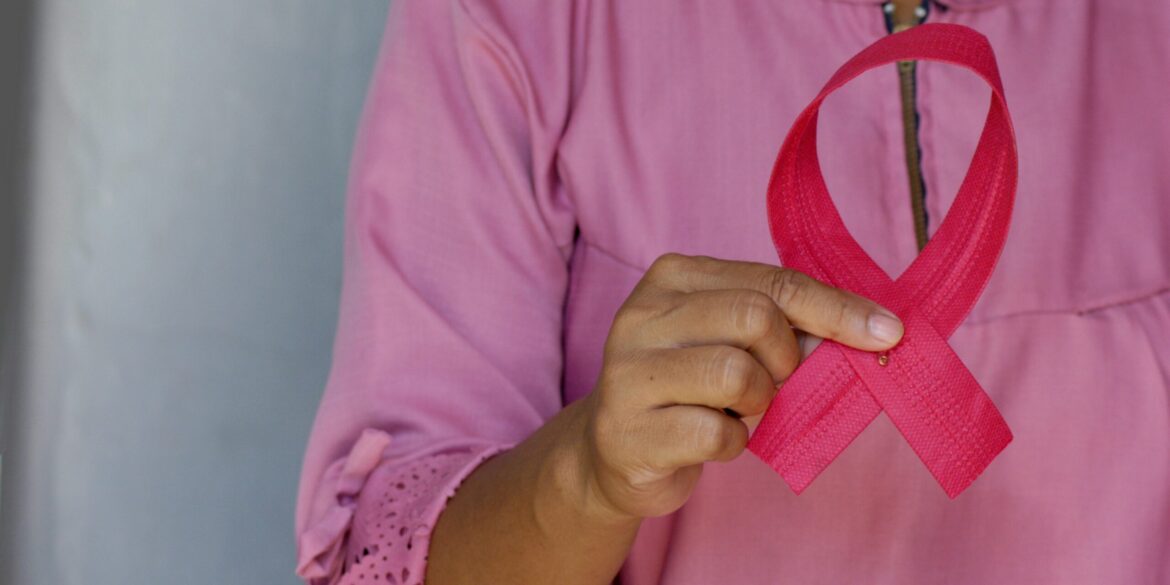August 18, 2025, marked World Breast Cancer Research Day, a global observance dedicated to recognizing the history, scientific advancements, and ongoing efforts in the fight against breast cancer. This day serves as a tribute to the scientific achievements and the relentless work of researchers, healthcare professionals, and advocates who have made significant strides in improving the outcomes for those affected by breast cancer. Through years of research, progress has been made not only in understanding the disease but also in creating new treatment options that have greatly improved the survival rates of individuals diagnosed with breast cancer.
The observance of World Breast Cancer Research Day is an opportunity to reflect on the progress that has been made and to acknowledge the advancements that have significantly reduced mortality rates over the past few decades. The development of more targeted therapies, advances in early detection, and the widespread availability of mammography screenings have all contributed to a better understanding of the disease and more effective ways to treat it. In addition, the increasing ability to detect breast cancer in its earliest stages has led to a higher rate of successful treatment and a better quality of life for many patients.
However, despite these significant achievements, there are still considerable challenges that remain in the fight against breast cancer. One of the most pressing challenges is ensuring that all individuals, regardless of where they live or their economic status, have access to the best possible care. Disparities in healthcare access continue to exist, particularly in lower-income and rural areas, where advanced screening technologies and cutting-edge treatments may not be readily available. As a result, many individuals are not diagnosed early enough, or they may not receive the most effective treatment options, which can have a direct impact on their survival rates.
In addition to access to care, there are still many unknowns when it comes to the causes of breast cancer. Despite advances in understanding the molecular and genetic factors that contribute to the disease, researchers are continuing to explore the complex biology of breast cancer. As the disease presents itself in various forms with distinct molecular subtypes, treatment strategies must be tailored to the individual, making ongoing research essential for the development of more personalized and effective therapies. The hope is that through continued breakthroughs in genomics and targeted medicine, doctors will one day be able to offer treatments that can cure or even prevent breast cancer altogether.
On World Breast Cancer Research Day, the importance of early detection cannot be overstated. Early diagnosis significantly increases the chances of successful treatment and survival. This is why ongoing efforts to raise awareness about the signs and symptoms of breast cancer, as well as the importance of regular screenings, are so crucial. Public health campaigns encourage women, and increasingly men, to monitor for any changes in their bodies, particularly any lumps or unusual sensations in the breast area, and to seek medical advice if any concerns arise. Regular screenings such as mammograms and breast ultrasounds are also important tools in detecting the disease before symptoms are noticeable, which is vital for catching it at a treatable stage.
The observance of this day is also a time to celebrate the power of community and advocacy. The support from both the public and private sectors has been instrumental in pushing the boundaries of what is possible in breast cancer research. Philanthropic organizations, survivors, and advocates work tirelessly to fund research, raise awareness, and create a supportive network for those affected by the disease. These efforts are invaluable in destigmatizing the disease and fostering an environment where individuals feel empowered to take proactive steps in managing their health.
Looking forward, it is clear that while much has been accomplished, the fight against breast cancer is far from over. More research is needed to address the gaps in understanding the disease’s causes, its genetic drivers, and the best ways to treat it. Furthermore, equitable access to healthcare must remain a central focus in order to ensure that everyone, regardless of their background, can benefit from the advancements in treatment and early detection that are being made every day. World Breast Cancer Research Day serves as a reminder that, despite the challenges, each step forward brings us closer to a world where breast cancer no longer represents such a major global health concern. The continued support of research, advocacy, and early diagnosis will be critical in ensuring that future generations no longer have to face the same struggles that those who came before them have endured.

